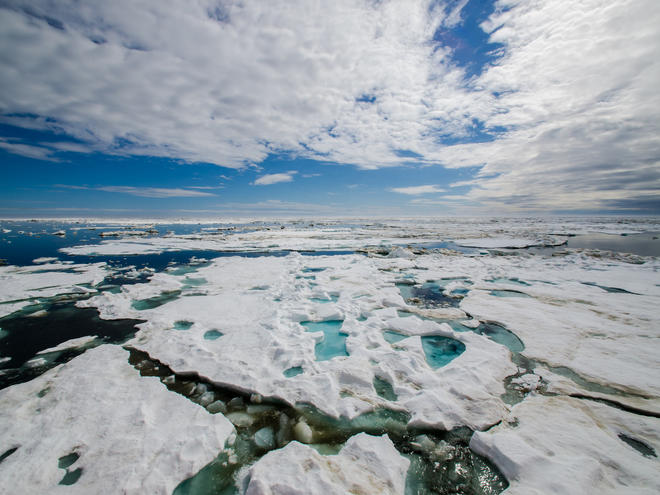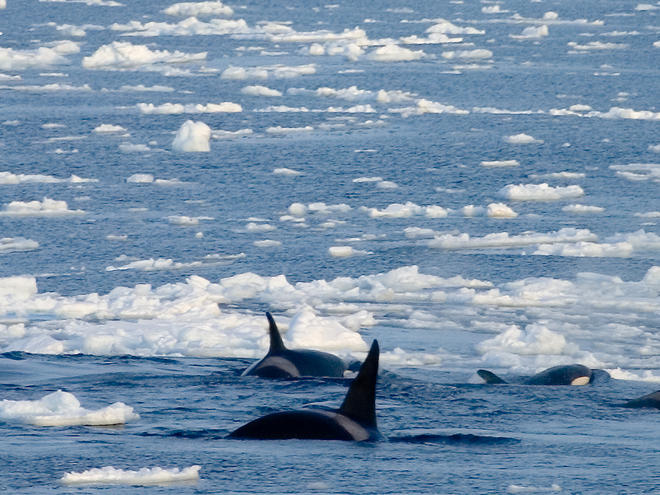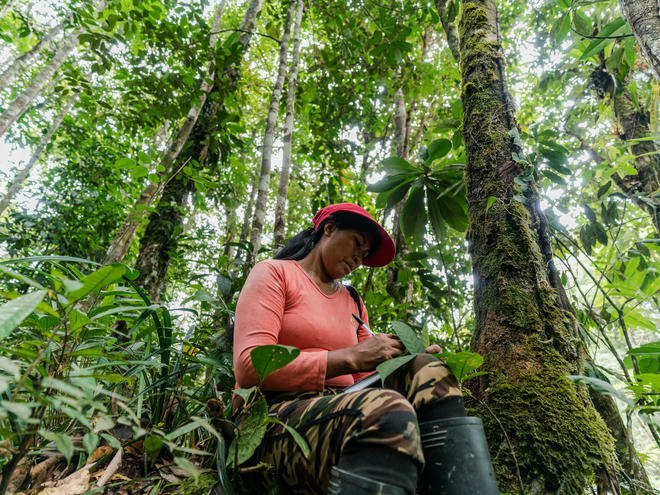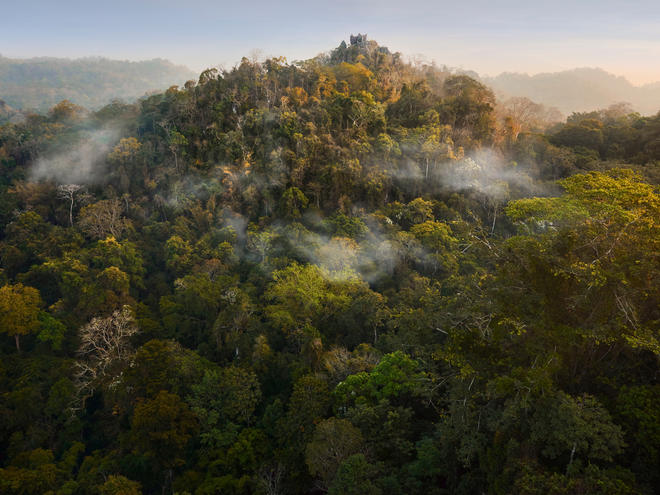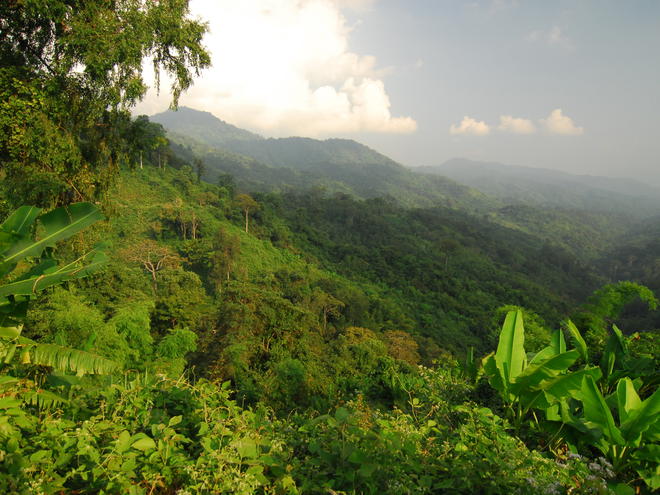Small Steps to Reduce Food Waste
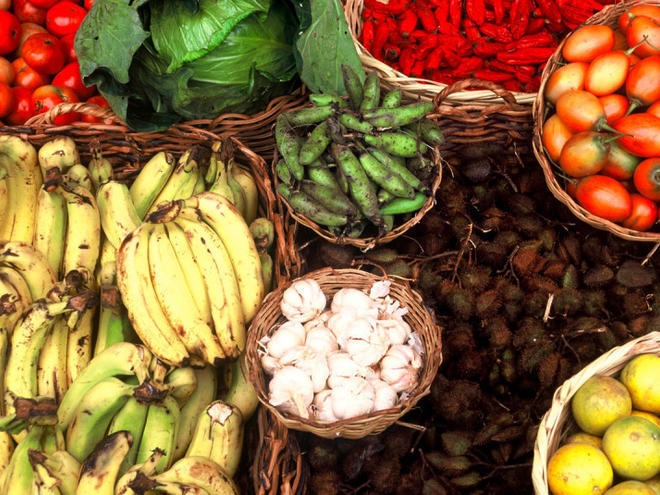
Food waste is thoughtless. Most of us aren’t even aware of it. When we don’t use what we have, we not only waste food, but we negatively impact precious resources including biodiversity and animal habitats.
So what small steps can we take to reduce food waste?
Here are a few tips. Look in the fridge, see what’s there, what needs to be used, and which leftovers can be used in something else. Ask yourself, what needs to be used, right now?
Often, I “work up” fruits and vegetables that are past their prime, seasoning and blackening them in a pan or on a grill to serve with a main dish or on a salad.
Here are a few more things you can do:
- Eat down your fridge. Planning a meal? Start with what you already have. Jazz up aging produce with favorite spices or mix them into your next frittata. Vegetables past their prime can easily go into sauces for rice and pasta. Wilted lettuce and vegetable trimmings can make stock to use immediately or freeze and add later to soups or other dishes.
- Give overripe fruits a second life. When bananas start to go bad, peel, wrap and freeze them to bake muffins or bread another day. My family likes frozen bananas in pancakes so much we even gave them a name (“bananafanna”). And don’t forget fruits on the cusp work well in smoothies or steamed and spread on pancakes and waffles.
- Make the freezer your friend. If you don’t like eating the same thing two days in a row, freeze a portion and reheat later. If you buy in bulk, divide it up immediately into portions that are easier to use and freeze the rest. Label and date everything so it’s easy to manage.
- Don’t grocery shop on an empty stomach. Perusing the food aisles with a growling belly can lead you to purchase more food than you need. Buy enough groceries for a few days, but not enough for the whole week (most food will last just a week). And try to buy what’s in season if you can.
Learn how WWF is rethinking food.

Published April 01, 2020 at 04:00AM


